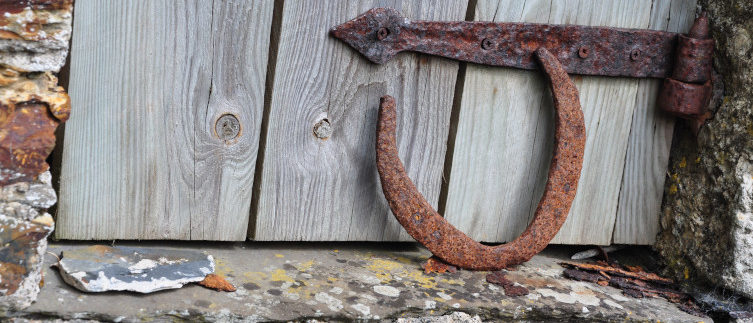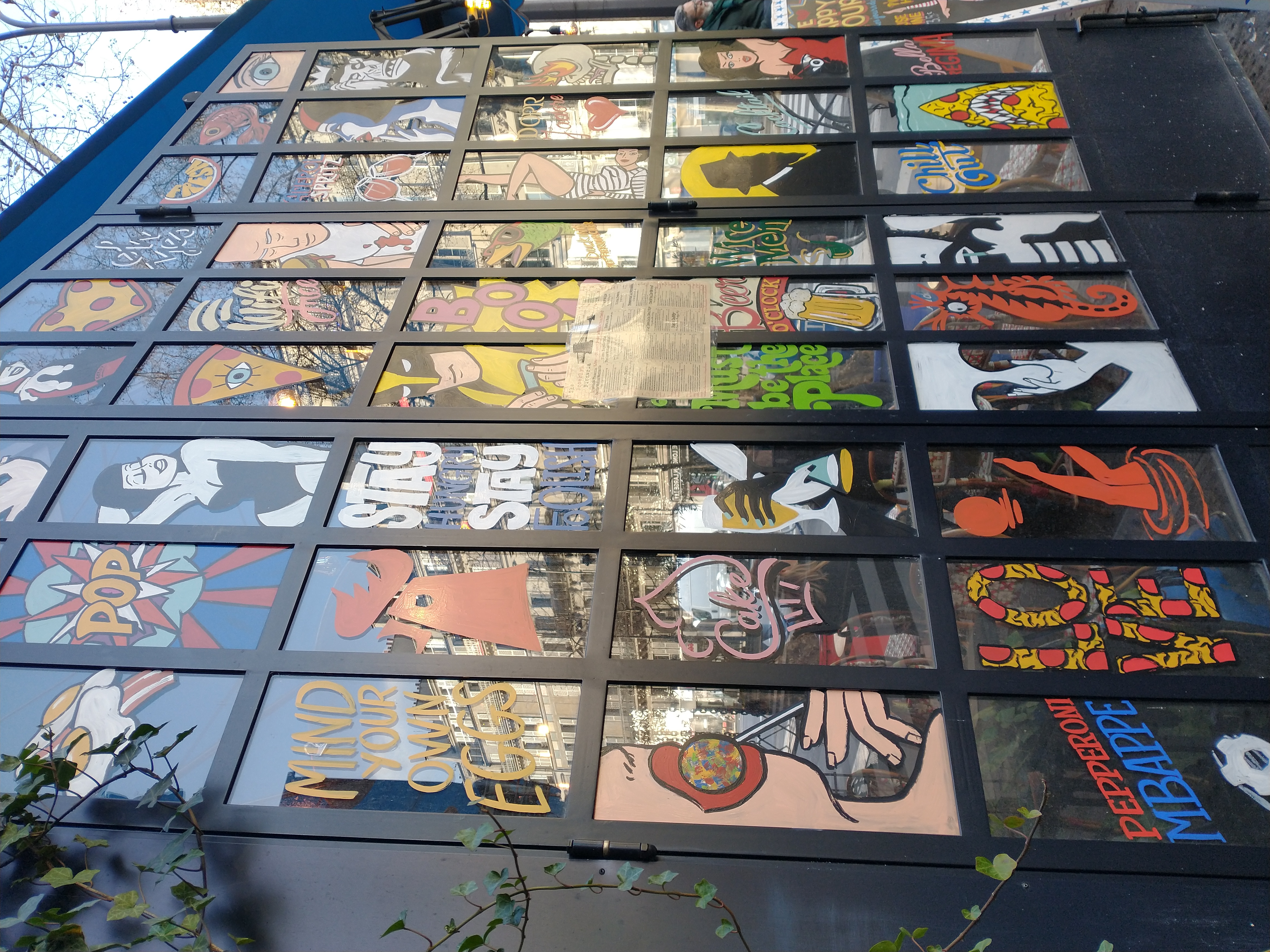One of the things I struggle with is living a life of tolerance, inclusiveness, and creating safe space for all walks of life while dealing with the odd “bad actor”. Although I’m not sure I’m using that phrase correctly, let me explain.
I am talking about the piece of scholarship that gives good information and background about an oft-misunderstood deity that was written long enough ago that the words g*ps* and i*dia* are referential, not derogatory. Or the author who creates a fantastical world that deepens many peoples’ experience of deity whose mundane life includes being a COVID denier.
You know, the people you find yourself making excuses for because their product is special and unique (or nearly so).
As a teacher, it is vital that I show my students that when they enter space with me, it is safe. Allowing texts or other material that is potentially damaging may cross that line. At the same time, we are all carrying so much trauma from so many different places, how can I truly keep a space safe without risking limiting what we are able to learn from? I mean, if I could find a good piece of scholarship about that oft-misunderstood deity that doesn’t use derogatory language, of course, I would already be using it.
And what of the student who is just beginning a path of self-discovery and exploration? What if this is the first time they have ever known “the other” as more than an abstract?
Creating safe space seems to me to be a process, not a static framework. In such a process I engage with my students and co-teachers to create space in which we are supported in our understanding and acceptance of one another. It’s rarely elegant. But I have seen that if we all approach it with a bit of grace, a willingness to own our own sh*t, and a baseline of believing that we are all acting from the best possible place, it works pretty well most of the time.

